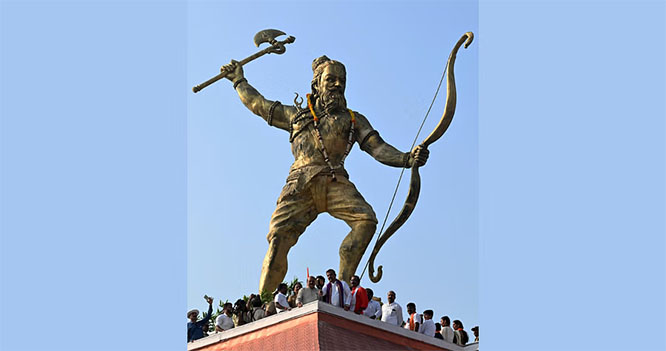
Mangaluru: Two athletes from Mangaluru are gearing up to represent India at the Paris Olympics starting on July 26. Poovamma MR, a seasoned member of the Indian women’s 4x400m relay team, and Mijo Chacko Kurian, selected for the men’s 4x400m relay team, are poised to showcase their talent on the international stage.
Poovamma MR had a notable moment recently, marking her third interaction with Prime Minister Narendra Modi. Reflecting on her journey, she shared with the Prime Minister that she was just 18 when she served as a reserve member for the 2008 Olympics and was part of the team again in 2016.
Determined to break a longstanding barrier, she mentioned that the team hadn't reached the finals since 2002, but this time, they aim to create a national record and secure a spot in the finals. The Prime Minister commended her confidence and dedication.
“This was my third interaction with the PM. I met him in 2014 and 2018. Earlier, we showed him our medals, and he congratulated us. This time, he asked us questions about our experiences and aspirations. It felt wonderful,” Poovamma remarked. Currently training in Patiala, she is set to depart for a 20-day training camp in Poland before heading to Paris.
In contrast, Mijo Chacko Kurian is making his Olympic debut. His journey began in class XII when he switched from cricket to athletics upon seeing runners at the NMPT stadium while Mangala Stadium was under renovation.
Living nearby, he approached the coach and joined the training sessions. Despite initial struggles, he balanced his studies in engineering with his growing passion for athletics. His dedication paid off, leading him to leave college after two-and-a-half years to focus fully on his athletic career. Now a junior warrant officer with the Indian Air Force, Mijo is ready to make his mark in Paris.
As these athletes prepare for their Olympic journey, their stories of perseverance and dedication inspire many back home, highlighting the vibrant sporting spirit of Mangaluru.







Comments
Add new comment